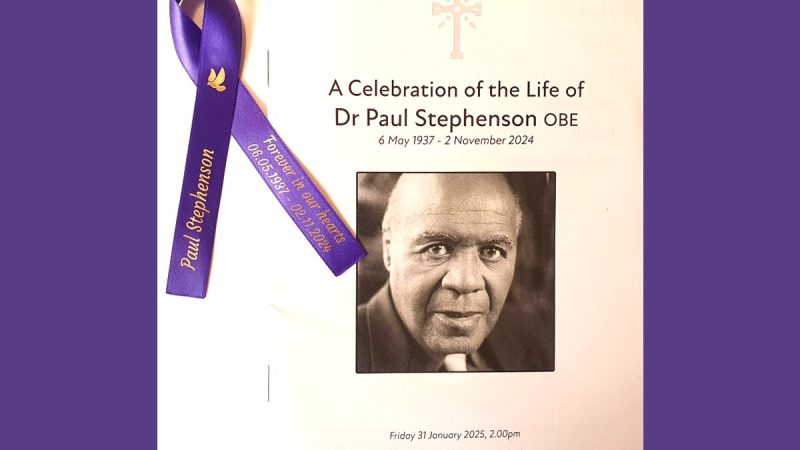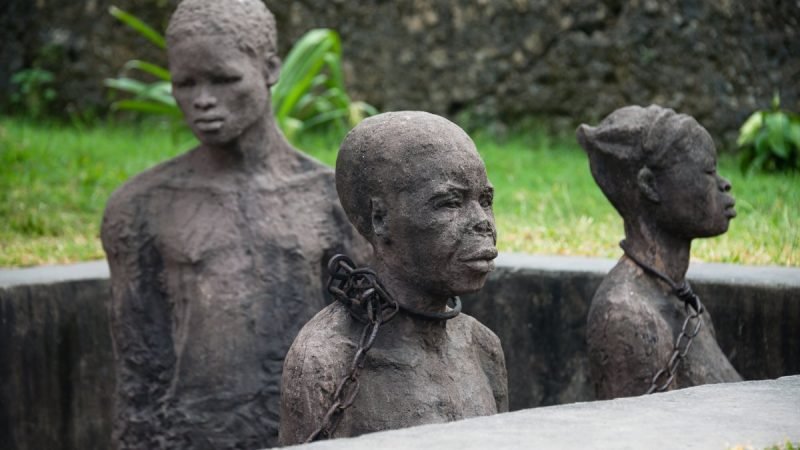Film Diversity Action Group launched

The Film Diversity Action Group (FDAG) has launched welcoming the proposal calling for tax incentives to stimulate greater diversity in front and behind the camera in UK film and television. Put forward in a letter delivered to Downing Street on November 6th 2018 by Sir Lenny Henry, Adrian Lester, Chiwetel Ejiofor, Thandie Newton, David Oyelowo and others, FDAG goes further by recommending that existing tax credits should be withheld from film productions that do not meet minimum targets for diversity.
The FDAG plan looks for two-stage implementation over a period of 12 years, by which time qualifying films would have to demonstrate that 15% of the production team overall and in each below-the-line department was of black, Asian and minority ethnic (BAME) origin. In the meantime, measures would have to be taken in education and training to ensure a supply of eligible BAME recruits.
“The thought process and the motivation behind the two proposals are very similar,” said Terry Ilott, chair of the FDAG steering committee. “The key differences are that the Lenny Henry proposal offers a carrot where we wield a stick and the Henry proposal addresses gender and disability as well as ethnicity. We concern ourselves solely with ethnicity. In the various pick-and-mix efforts to foster greater diversity in film and television, the BAME community has tended to get left behind.”
FDAG has called upon the Secretary of State at the DCMS and the Minister for Culture, Communication and the Creative Industries to convene a working party to consider both proposals and to hear from the BFI and others who are already doing positive work in this area.
FDAG has also recommended that, with immediate effect, diversity data should be included in the paperwork required for film certification.
The proportion of BAME employment in UK film production has been stuck at 3% for at least 18 years. The Film Diversity Action Group has developed detailed proposals for linking film tax credits to meeting diversity targets in a report "It shouldn't have the money if it doesn't have the mix".
FDAG Report Summary
• The majority of film production jobs (69%) are in London and the South-East, which is 40% black, Asian and minority ethnic (BAME). Yet BAME individuals account for just 3% of the workforce in film production.
• The threshold criteria for the UK government’s tax credit for film investment should be extended to include an overarching requirement for BAME employment.
• Within six years a minimum of 15% BAME employees should become the prerequisite standard for each qualifying film production. Within twelve years it should become the standard in each below-the-line department.
• Enabling measures, backed by all responsible agencies and interested parties, should be taken in education, training, recruitment and staff development to ensure a supply of suitable BAME candidates for employment.
• With immediate effect, the Government should require the BFI to include in the audited cost statement (accountant’s report) for every film, as required under Schedule 1 of the Films Act 1985, the number of those employed who self-identify as BAME .
• This proposal is applicable to all productions seeking the UK tax credit. It is compatible with BFI Diversity Standards and with talent inclusion riders but goes beyond both by targeting BAME employment specifically, which is too often by-passed in the pick-and-mix menu of diversity aspirations. The proposal does not conflict with the Sir Lenny Henry’s proposal for “Representation Tax Relief”.
• The achievement of the proposal’s aims would encourage new talent, foster greater creativity and make the UK film industry more competitive.
FDAG Proposed Actions
1) The Secretary of State at the DCMS and the Minister for Culture, Communication and the Creative Industries should convene a working party to consider the “Representation Tax Relief”proposal and the proposal of the Film Diversity Action Group.
2) With immediate effect, diversity data should be included in the paperwork required for film certification.
3) A Diversity Monitor that tracks and publishes diversity data across individual productions, sectors and segments of the industry, wherever such data is available, should be published quarterly.
About the Film Diversity Action Group
The Film Diversity Action Group was founded in 2016 by experienced film and television professionals Terry Ilott (Chair), Simon Albury, Fiona Clarke-Hackston and Clive Jones CBE.
The Film Diversity Action Group has been assisted by a team from law firm Fieldfisher LLP, led by media partner Tim Johnson and employment partner Richard Kenyon. Fieldfisher has provided advice on various legal aspects of the FDAG’s proposals on a pro bono basis as part of the firm’s broader Corporate Social Responsibility initiatives.
For further information visit https://filmdiversity.net/




